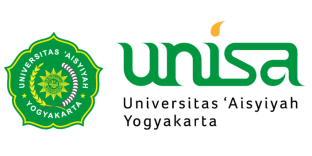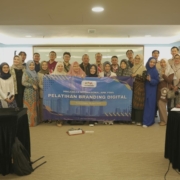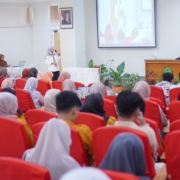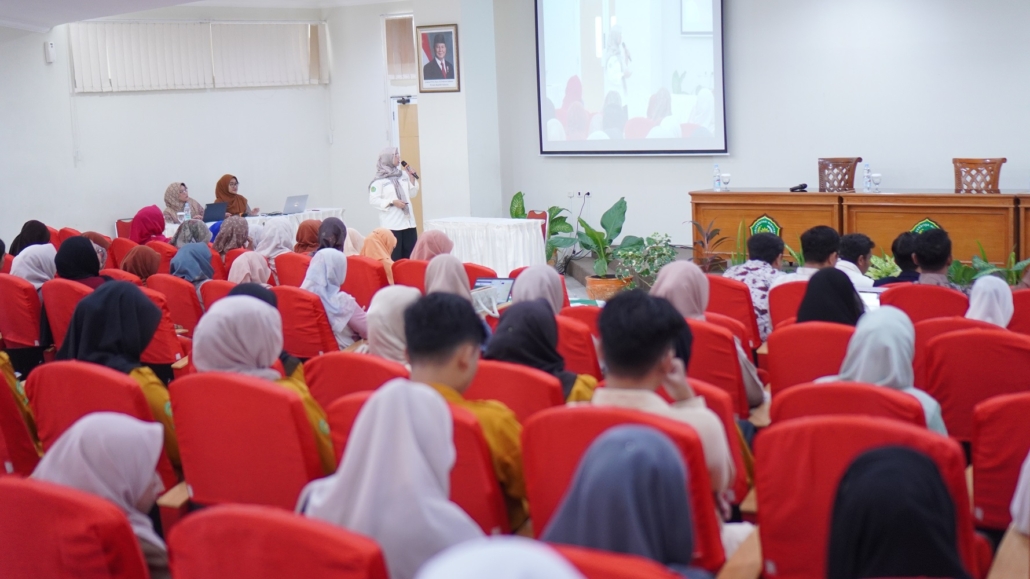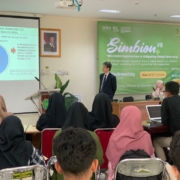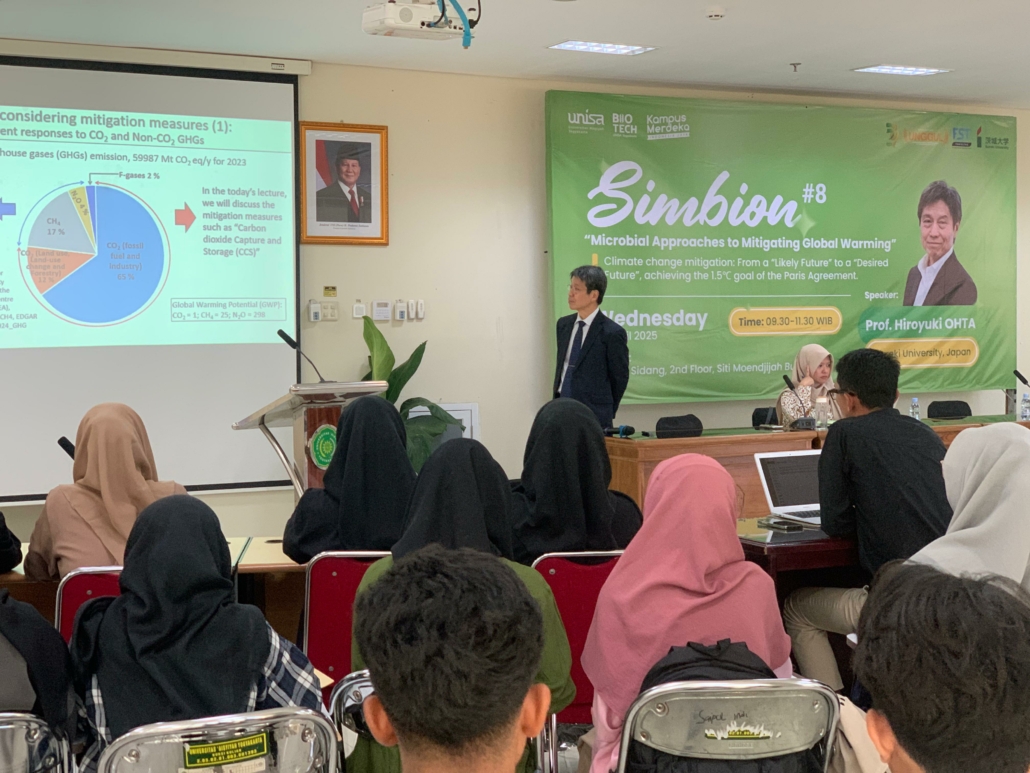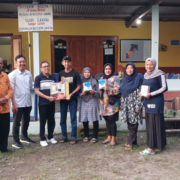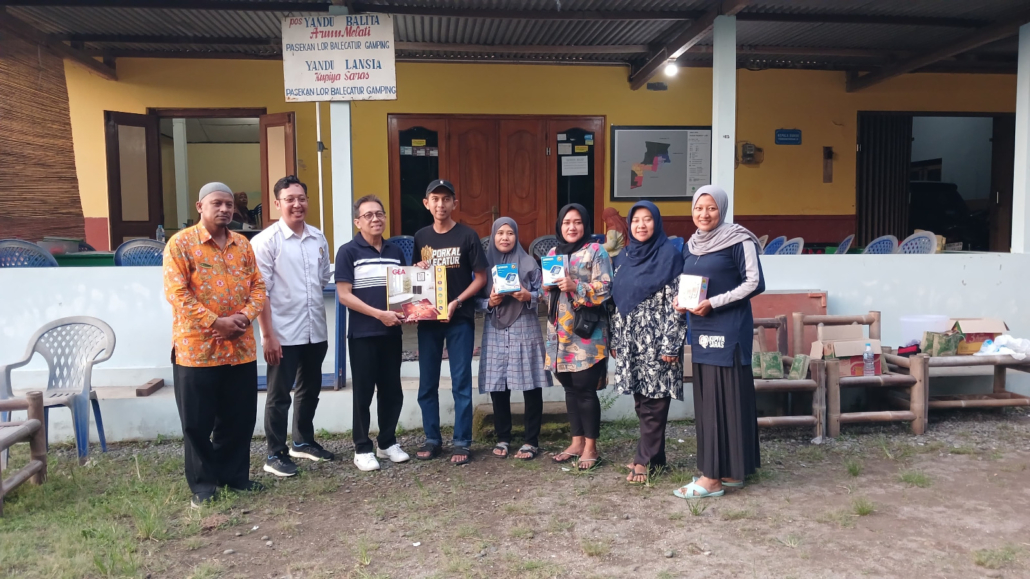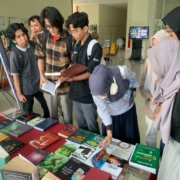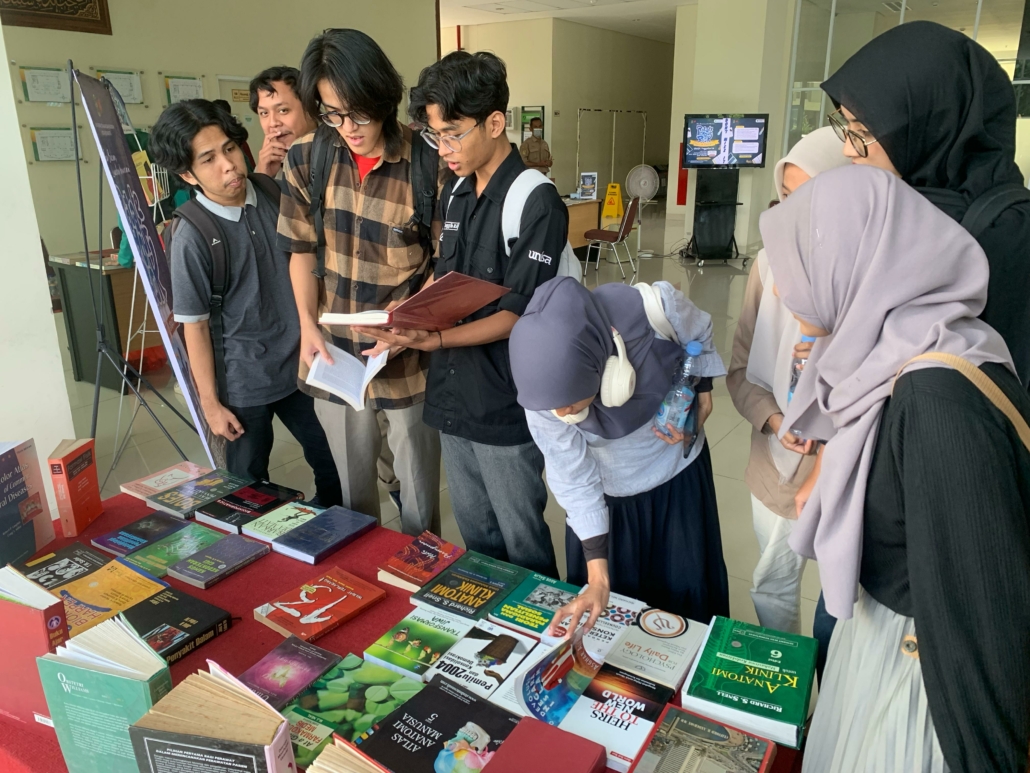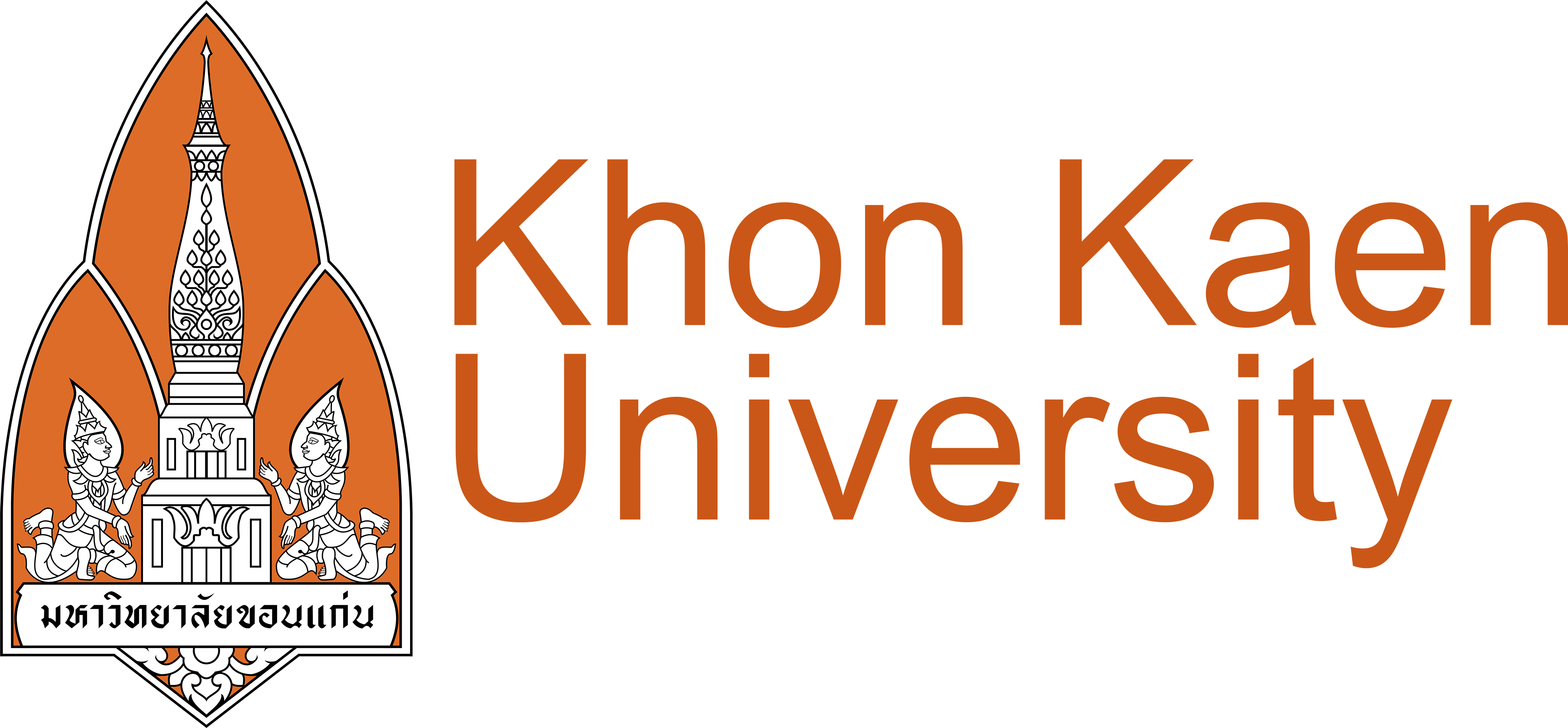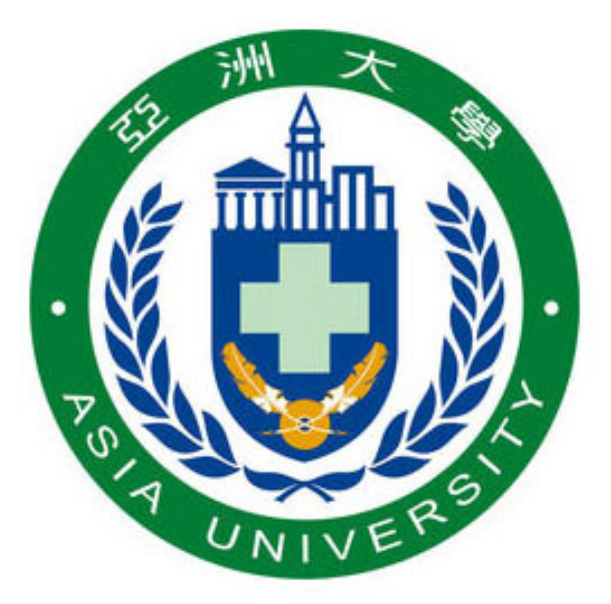he Association of Communication Science Education of Muhammadiyah and ‘Aisyiyah Universities (APIK PTMA) organized an international community service activity in Kuala Lumpur, Malaysia, Wednesday (30/4/2025). This activity was attended by around 20 PTMA lecturers from various campuses in Indonesia.
Two lecturers from Universitas ‘Aisyiyah (UNISA) Yogyakarta took part in this community service, namely Hari Akbar Sugiantoro and Alfian Muhazir. This activity aims to strengthen the branding of educational institutions managed by Indonesian communities abroad, with the event title ‘Branding Berkemajuan to Build a Positive Image of Educational Institutions in Malaysia’.
The event involved strategic partners, namely teachers and managers of Indonesian schools Kuala Lumpur and learning centers totaling 25 people. Dr. Tria Patrianti as the resource person explored discussions from the participants to formulate the right branding strategy to build the school’s image and reputation.
Tria, who is also the Head of the Master of Communication Studies Program at Muhammadiyah University Jakarta, explained that branding is not just about building a positive image. More than that, it also builds a consistent experience to the public. According to her, this must be supported by effective communication that is constantly carried out to maintain a harmonious relationship between the school and the surrounding community.
Sulton from Sekolah Indonesia Kuala Lumpur (SIKL) also shared his experience about the branding elements that have been formed since the school’s inception in 1969.
“Since the beginning, we have always built national values, patriotism, and always collaborated with partners, but indeed the branding strategy has not been carried out in a sustainable manner,” said Sulton.
Chairman of APIK PTMA, Choirul Fajri emphasized that this kind of service activity is a real form of university responsibility in making a direct contribution to solving social problems in society, especially in the field of education. “Universities should not only produce academically qualified graduates but also be able to contribute significantly in helping the development of society,” explained Fajri.
Fajri also expressed his hope that schools managed by Indonesians abroad, especially in Kuala Lumpur, can grow and make a real contribution in strengthening relations between Indonesian communities. As well as introducing Indonesian culture and education more widely.
Muhajir, one of the participants as well as a school manager, expressed his high appreciation for the implementation of this activity. According to him, this event has important benefits in helping to develop school promotion strategies. “Although there are different characteristics between schools in Indonesia and in Malaysia, we gained new insights into effective branding strategies,” said Muhajir.
Muhajir also added that the various ideas and insights gained during this activity provided new enthusiasm to improve the quality of school branding. He hopes that similar activities can continue to be held regularly so that school managers can get updated information and insights on an ongoing basis.
In addition to the delivery of material by experts, this activity was also equipped with Focus Group Discussion (FGD) sessions aimed at designing practical and applicable branding strategies. In this FGD, participants were divided into several groups to discuss and design strategic ideas related to improving the image of the educational institutions they manage.
Before the activity took place, the group of international service participants visited the Secretariat of the Muhammadiyah Special Branch Management (PCIM) and Aisyiyah Special Branch Management (PCIA) in Kampung Bharu, Malaysia. The group was received by the Deputy Chair of PCIM Malaysia, Darsun Safwan and the Chair of PCIA Malaysia, Nuriyatun Nafiah.
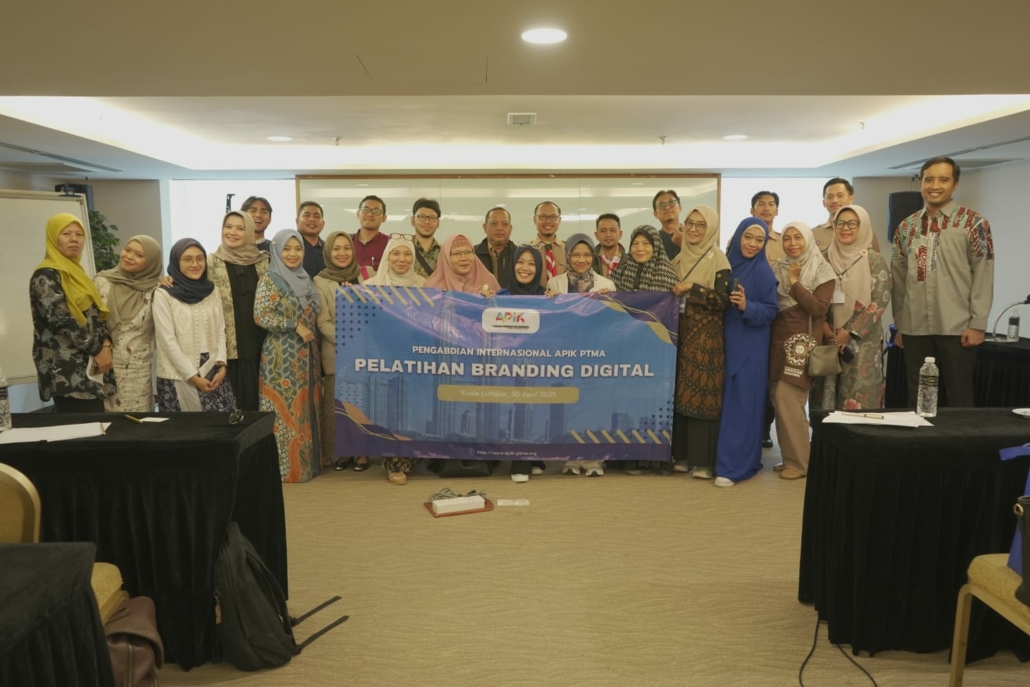
Tags: aisyiyah, banggamenjadiunisa, beunisa, pengabdian masyarakat, unisayogya
